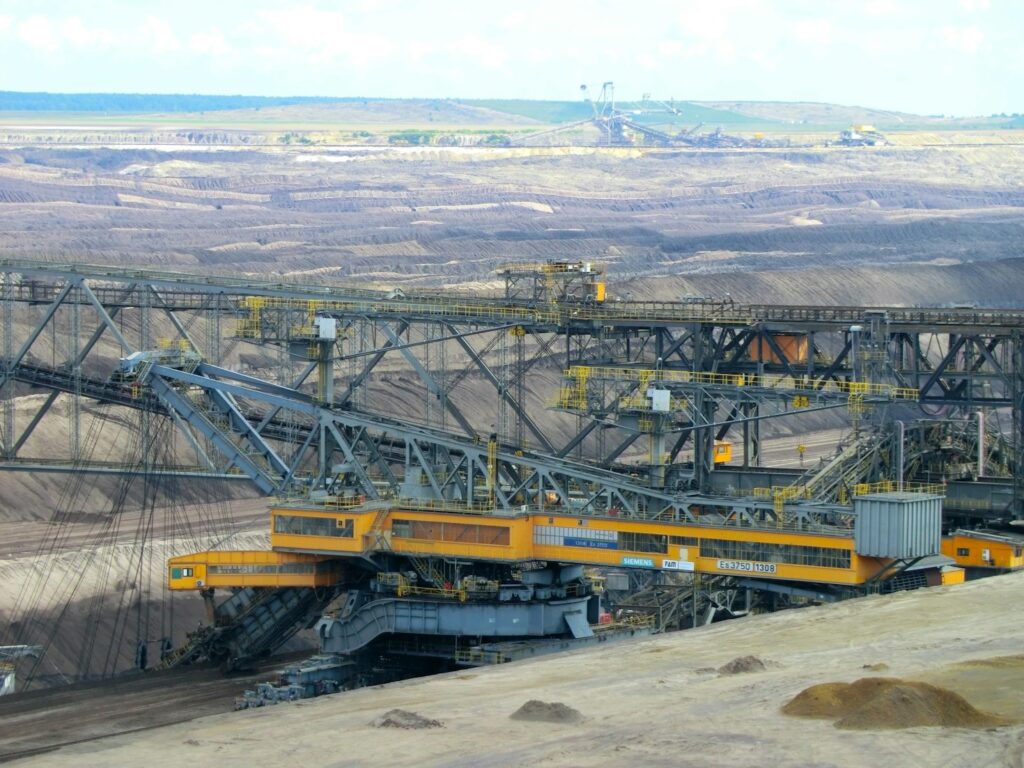Buying gold dust in Africa presents a unique opportunity for investors, jewelers, and traders seeking access to authentic, high-purity raw gold directly from mineral-rich regions such as Uganda, Ghana, Tanzania, the Democratic Republic of Congo, and Sudan. Africa remains one of the world’s top producers of raw and unrefined gold, offering competitive pricing and direct sourcing opportunities — but it also demands due diligence, proper licensing, and trusted suppliers.
Understanding Gold Dust in the African Context
Gold dust refers to naturally occurring fine particles or flakes of gold often recovered from riverbeds, artisanal mines, or small-scale mining operations. It is less refined than nuggets or bars but still valuable for refining into bullion or jewelry-grade metal. African gold dust is prized for its high purity levels (ranging from 92% to 98%) and easy convertibility into bars or coins.
Key Gold-Producing Regions in Africa
- Uganda & DRC (Great Lakes Region): Known for high-quality placer gold from mining towns like Mubende, Busia, and Kisita.
- Ghana: Africa’s second-largest gold producer, with abundant alluvial deposits in Tarkwa and Obuasi.
- Tanzania: Rich in artisanal gold fields in Geita and Mwanza.
- Sudan & South Sudan: Emerging sources of large-scale artisanal gold operations.
- Mali & Burkina Faso: Consistent exporters of dust and nuggets for international refineries.
Steps to Buy Gold Dust Safely in Africa
- Verify the Seller’s License: Always request copies of the seller’s Mineral Dealer’s License (MDL), export permits, and registration under national mining laws.
- Conduct Due Diligence: Engage in background checks through government registries or mineral authorities to confirm authenticity.
- Negotiate a Full Corporate Offer (FCO): This document outlines the quantity, purity, price, and payment method.
- Engage a Licensed Gold Exporter: Work with a registered company such as Mzuri Gold (U) Limited, authorized to handle export logistics and customs documentation.
- Refining and Assay: Ensure the gold dust is tested at a recognized assay office to confirm karat value and weight.
- Secure Payment Channels: Use escrow services or bank-to-bank transfers (TT) to minimize risk. Avoid upfront cash transactions.
Exporting Gold Dust From Africa
Exporting gold dust requires proper documentation and compliance with national mining regulations. The exporter typically provides:
- Export permit from the mineral authority
- Certificate of origin
- Customs declaration forms
- Assay report
- Invoice and packing list
Shipments can be made via secure courier (e.g., Brinks, Malca-Amit) or through diplomatic cargo arrangements, depending on the buyer’s preference and country of destination.
Benefits of Buying Gold Dust From Africa
- Lower acquisition costs due to direct sourcing from mines.
- High purity and traceability when purchased from licensed dealers.
- Ideal for investors and refineries seeking raw feedstock for gold bars or jewelry.
Important Caution
The African gold market attracts both genuine and fraudulent actors. Always:
- Verify company registration details.
- Avoid “too-good-to-be-true” offers.
- Ensure that all trade complies with anti-money laundering (AML) and OECD gold sourcing standards.
Trusted Source for Gold Dust — Mzuri Gold (U) Limited
Mzuri Gold (U) Limited, based in Entebbe, Uganda, supplies raw gold dust, nuggets, and bars from verified miners and licensed exporters. The company handles end-to-end logistics, from documentation and assay to export clearance and international delivery.
For inquiries or partnerships, buyers can request a CIS (Customer Information Sheet) and Gold Trade Term Sheet to begin safe, transparent transactions.


Leave a Reply
You must be logged in to post a comment.